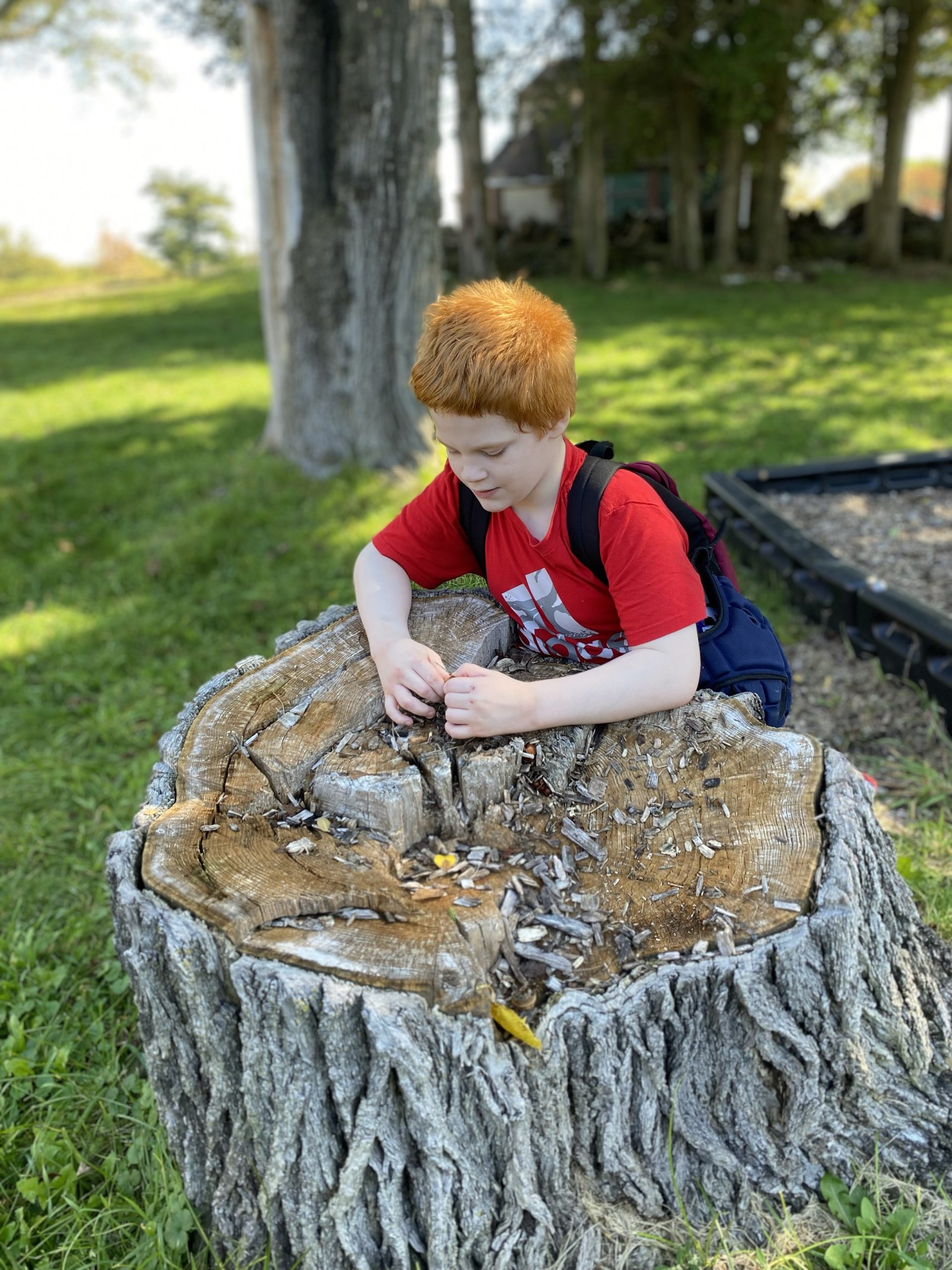Engaging in physical activities such as hiking, running, and walking can offer numerous benefits for autistic individuals. These activities not only contribute to physical well-being but also enhance mental health, social skills, and overall quality of life.
Hiking, with its immersive experience in nature, provides a sensory-rich environment that can be particularly beneficial for autistic individuals. The natural setting offers a variety of stimuli – the rustling leaves, the chirping birds, the feel of different textures underfoot – which can help in sensory integration. Many autistic individuals experience sensory processing differences, and the diverse yet calming stimuli in nature can be therapeutic. Hiking also promotes physical fitness, improving cardiovascular health, muscle strength, and endurance. The rhythmic and repetitive nature of walking on trails can be soothing and helps in reducing anxiety. Additionally, the unpredictability of the natural environment requires hikers to adapt and respond to new situations, enhancing cognitive flexibility and problem-solving skills.
Running, a more intense form of exercise, provides similar benefits but with added intensity. The physical exertion of running can lead to the release of endorphins, often referred to as the “feel-good” hormones, which can help in alleviating stress and improving mood. For autistic individuals, who may experience higher levels of anxiety and mood disorders, running can be a powerful tool for emotional regulation. The structured and repetitive nature of running can also be comforting because autistic individuals thrive on routine and predictability. Moreover, running can improve executive functioning skills such as planning, organization, and self-monitoring. Participating in running groups or events can offer social interaction opportunities, helping autistic individuals to practice social skills and build connections in a supportive environment.
Walking, a gentler form of exercise, is accessible to nearly everyone and provides a host of benefits with minimal physical strain. Regular walks can improve cardiovascular health, enhance muscle tone, and support weight management. For autistic individuals, walking can serve as a purposeful activity that offers structure to their day. The act of walking can be meditative, providing a time for reflection and mental relaxation. Walking in nature shares many of the sensory benefits of hiking, with the added advantage of being more easily accessible in urban settings. It also can be a social activity, whether walking with family members, caregivers, or peers, providing a natural setting for conversation and social engagement. This can be particularly beneficial for autistic individuals, who may find direct social interactions challenging.
Shrub Oak International School recognizes the profound benefits of physical activities and we have dedicated hiking and running clubs for our students. These clubs provide structured yet flexible environments where students can engage in regular hiking and running sessions, fostering both physical and emotional well-being. Our expansive campus and surrounding natural areas, parks, and hiking trails offer an ideal setting for these activities, allowing students to explore diverse terrains and experience the therapeutic effects of nature. We take regular trips to local parks and hiking trails so that our students can enjoy the beauty of New York’s Hudson Valley, which is where our campus is located. Through the hiking and running clubs, our students not only improve their physical fitness and sensory integration but also develop critical social skills by participating in group activities on and off campus. The supportive and inclusive atmosphere of the clubs ensure that each student can progress at their own pace, making it an invaluable part of the holistic educational experience here at Shrub Oak International School.
Overall, hiking, running, and walking offer significant benefits for autistic individuals. These activities support physical health, enhance mental well-being, and provide opportunities for social interaction and sensory integration. The natural and structured aspects of these exercises cater to the needs of autistic individuals, making these activities effective tools for improving quality of life. Regular engagement in these activities can lead to better emotional regulation, improved cognitive functioning, and increased social engagement. Whether through the tranquil experience of a forest hike, the invigorating rush of a run, or the simple pleasure of a walk, these forms of exercise provide valuable outlets for growth, relaxation, and connection for autistic individuals.









